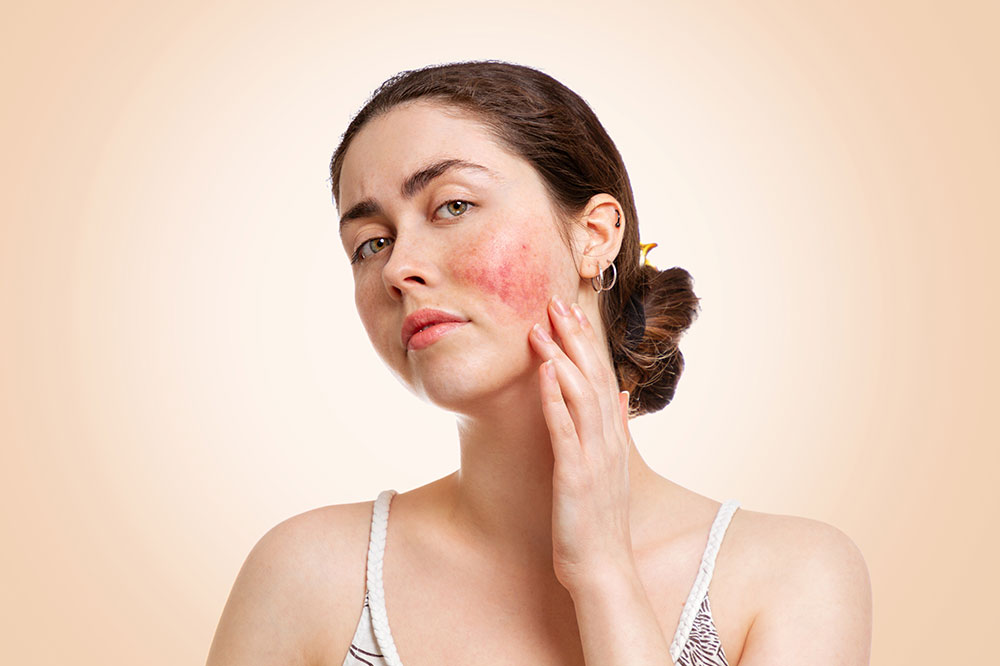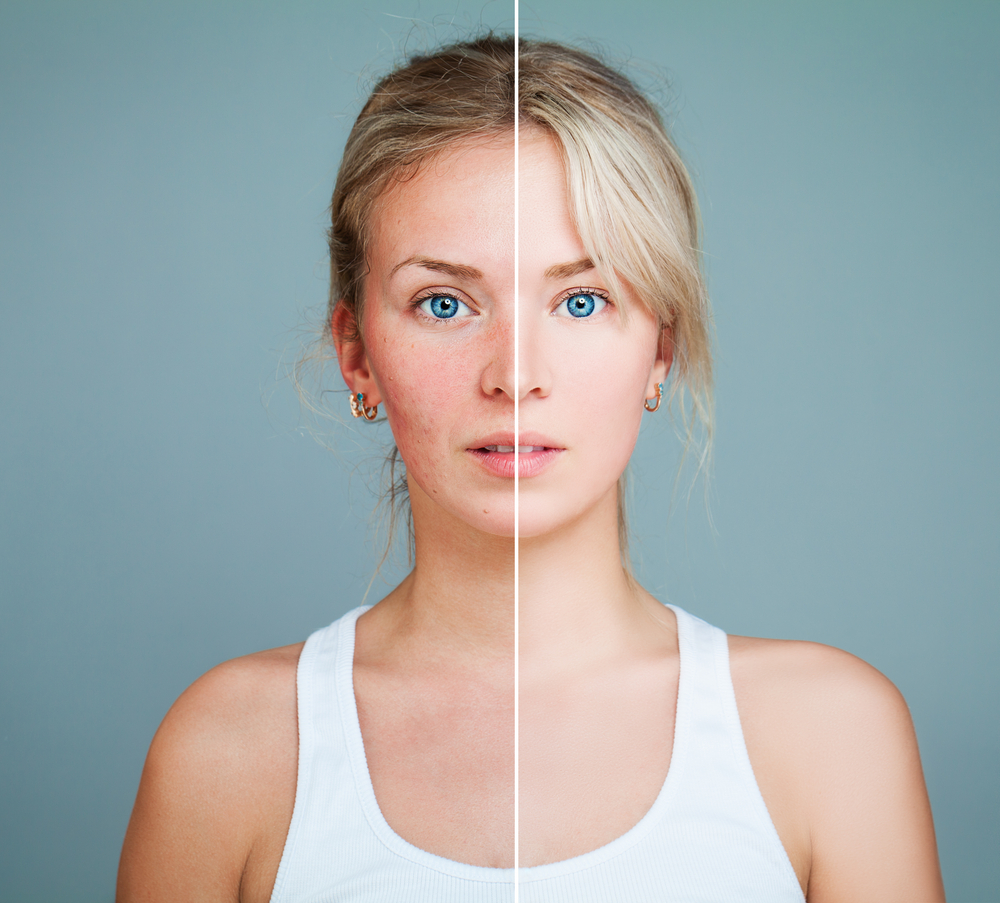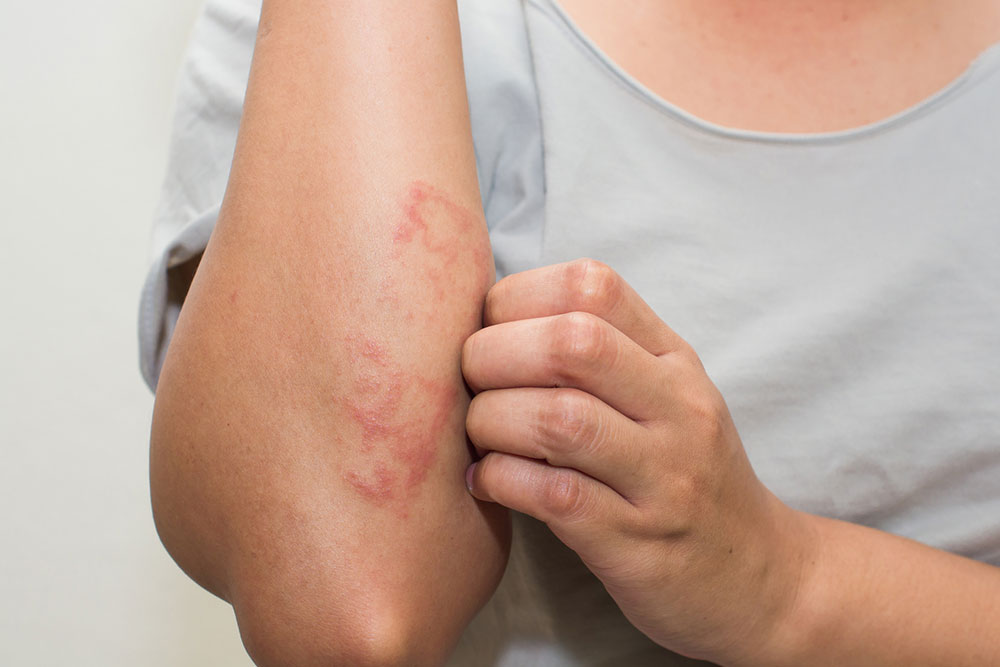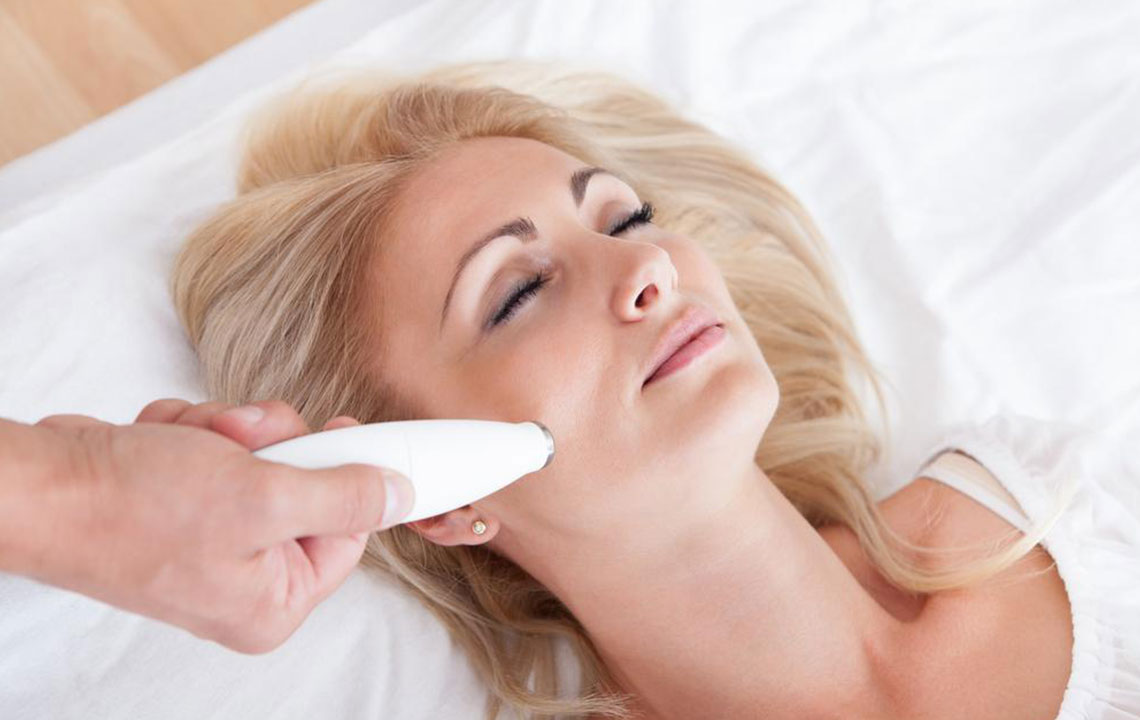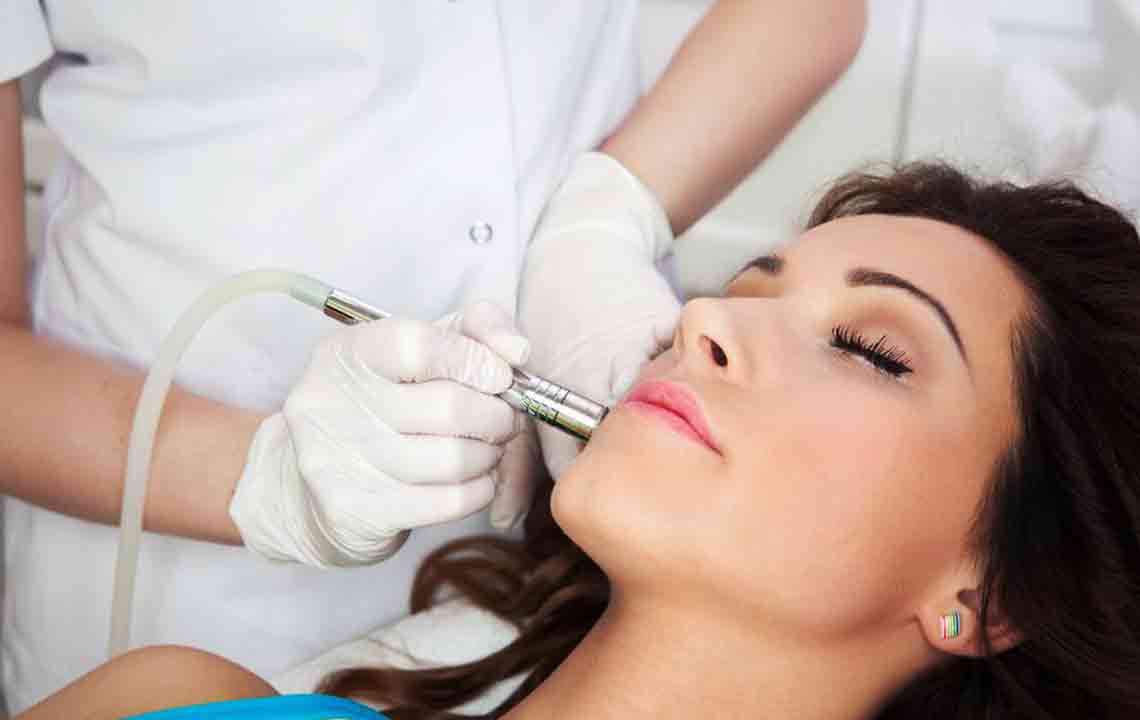Comprehensive Guide to Managing Rosacea Skin Condition
Learn everything about rosacea, a common skin disorder affecting millions. This guide covers symptoms, causes, triggers, and treatment options, offering practical tips for managing and controlling this chronic condition effectively to maintain healthier skin and confidence.
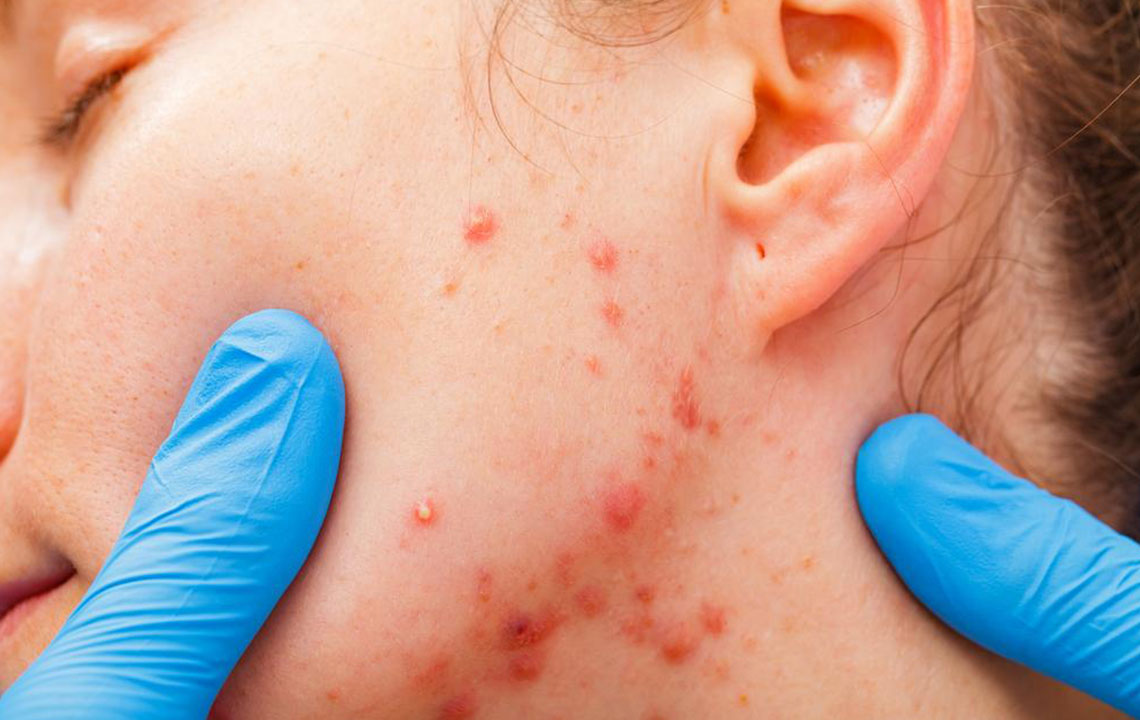
Comprehensive Guide to Managing Rosacea Skin Condition
Are you over 30 and noticing frequent redness or bumps on your cheeks? These symptoms could indicate rosacea, a common skin disorder. Visiting a dermatologist is crucial for proper diagnosis and treatment. Understanding the causes and signs of rosacea helps in managing it effectively. Early intervention can prevent complications like skin thickening or vision problems. This guide provides essential facts about rosacea, including symptoms, causes, and treatment options, so you can take informed steps toward healthier skin.
What is rosacea?
Rosacea affects millions, especially in America, and often appears on the nose, cheeks, and forehead. It's a chronic condition, sometimes mistaken for acne, but distinct in its features. While the swollen bumps resemble acne, rosacea requires specific treatment for relief from redness and irritation.
Signs and Symptoms
Rosacea typically develops in your 20s but becomes more noticeable after 30. Common signs include persistent facial redness, dry or burning skin, visible small blood vessels, acne-like red spots, and eye sensitivity with burning or itching.
The condition, if untreated, can lead to facial disfigurement, skin thickening, and even vision loss. Understanding its causes is vital for effective management.
Causes and Triggers
While the exact cause remains unknown, factors like blood vessel abnormalities, mites called Demodex folliculorum, bacterial presence (Helicobacter pylori), and genetics can contribute. Triggers such as stress, sunlight, weather changes, and lifestyle choices may aggravate symptoms. Maintaining a healthy lifestyle and avoiding known triggers can help control flare-ups.
Is Rosacea Curable?
Although there's no permanent cure, symptoms can be managed effectively with proper treatment. Ignoring the signs might result in worsening conditions, emphasizing the importance of early intervention.
Treatment Options
Managing rosacea often involves medications like oral antibiotics, topical ointments, and sometimes isotretinoin, tailored to individual symptoms. Lifestyle modifications, such as avoiding triggers and using sun protection, are also essential.
Tips for Managing Rosacea
Recognize your personal triggers and avoid them. Always protect your skin by using high-quality sunscreen, wearing hats, and seeking shade. Use gentle skin care products free from alcohol and harsh chemicals. Managing stress and seeking support can boost confidence and help cope with the condition better.

